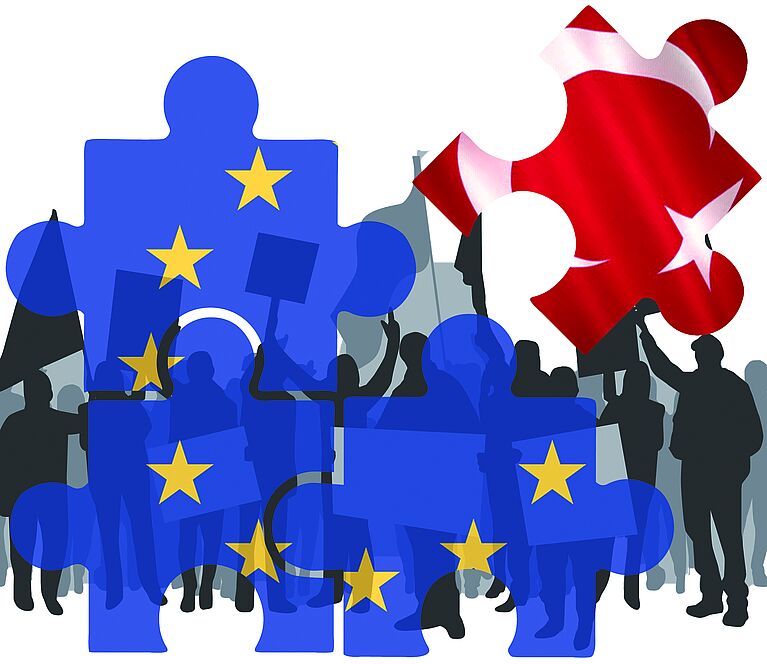About the Symposium
The presence of Muslims in Europe raises a range of challenges involving domestic politics and local societies. The growing number of Muslims and mosques in Europe, as well as a significant increase in Muslim pupils and students attending state schools, now pose novel and unanticipated issues in the political, economic and legislative spheres. Recent Muslim immigration to European countries increases the pressure on politicians to establish new strategies for the integration of Muslim minorities. Such methods to date have primarily involved regulatory measures but this approach has proven to be unsustainable and seems to have failed to address the reality of the European context.
Furthermore, Islam’s presence in Europe also challenges Muslims to redefine and reinterpret their religion in response to the context of their new societies. This, in turn, provokes both intensive inner reflection and innovative intercultural dialogue since it presses Muslims to rethink the role that their religion plays in their lives.
Islamic organisations in Europe play a vital and essential role in the integration process by ensuring that adolescent Muslims feel part of Europe and embrace a pluralistic and secular vision of society.
The focus of the symposium will be on European Muslim educational institutions and initiatives encompassing diverse preschools, elementray and high schools, Qur’an schools, boarding schools, and universities, which have been established in line with notions of education among Muslim populations. These structures have become increasingly more visible and have thereby attracted public scrutiny.
In planning this international virtual symposium we anticipate the participation of renowned academics and practitioners who can offer contributions on the following topics:
· The theological and ideological orientations that characterise the educational establishments of Islamic organisations
· Which specify networks are visible across Europe
· Which new pedagogical concepts underly the foundations of Islamic schools in Europe
· What constitutes the training of Imams and religious education teachers
· Which reform-oriented organisations are supporting the development of an European dimension of Islam
· Does political Islam influence the religious development of Muslim children, and in which ways
· Which state measures are most appropriate and successful in supporting the integration of Islamic organisations
· What are the impacts of state-recognised Islamic organisations on the activities of Muslims
· How are Islamic organisations supported by non-European countries and what are the consequences of the financial and political influences of foreign interests on the notions of education among European Muslims
